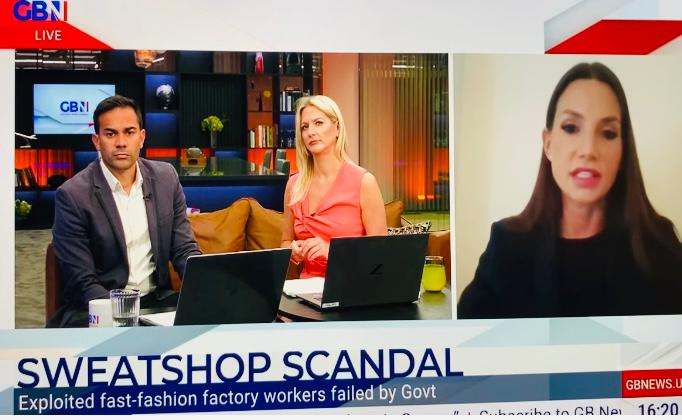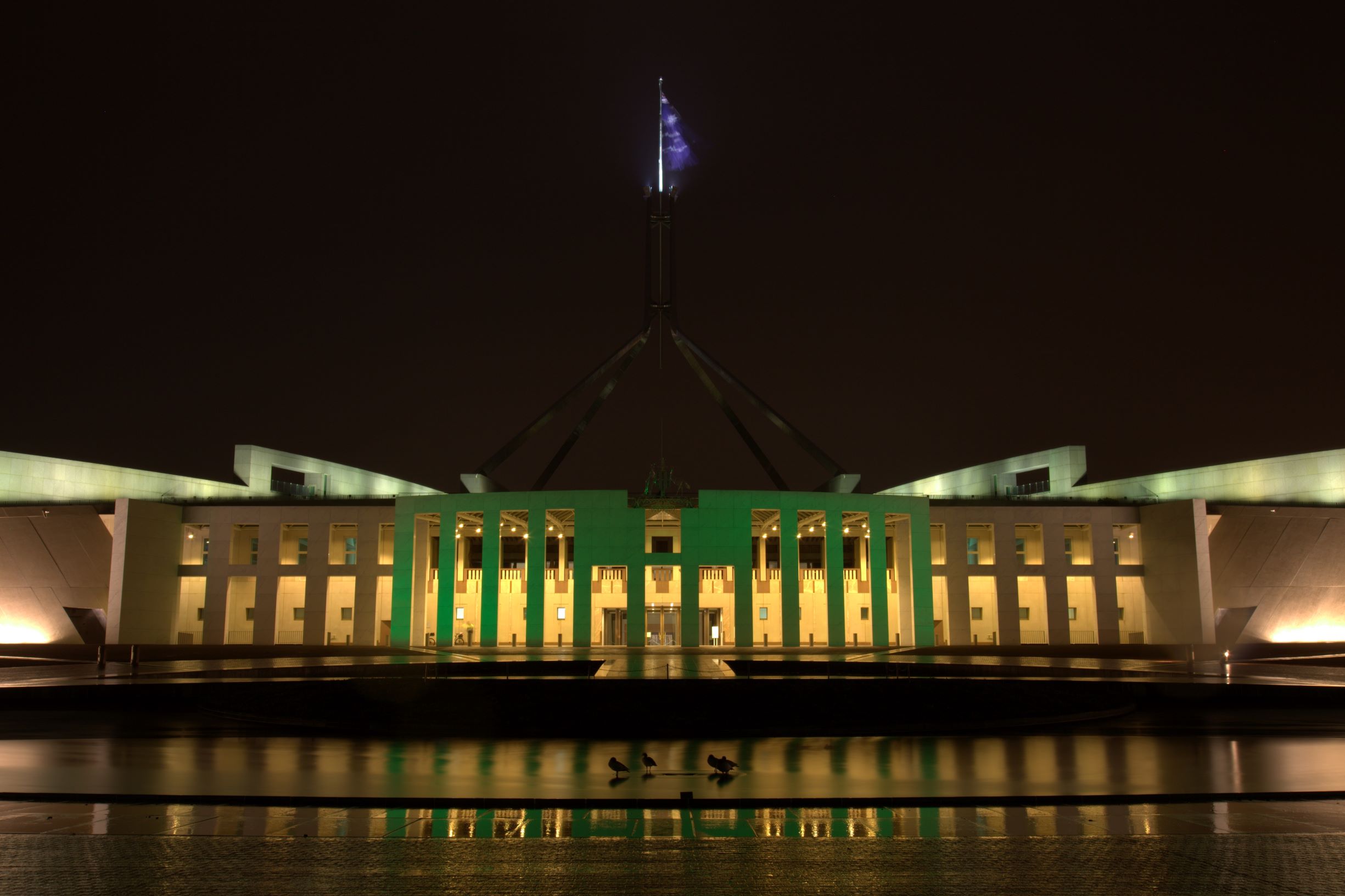Philippa Southwell, HTMSE’s founder, appeared on GB News for a live interview during which she discussed modern slavery and human trafficking in the UK’s textiles and garment industry. She focused on the exploitation in fashion as well as the legislation covering business modern slavery compliance.
Under the Modern Slavery Act 2015, Section 54, companies with a total annual turnover of over 36 million, are required to publish a modern slavery statement setting out the steps, if any, they have undertaken in the past year to prevent the risks modern slavery and human trafficking in their business and supply chains. The only formal requirements for the modern slavery compliance statement are that it is signed by a senior member of the organisation, such as a director, and that it is published in a prominent place on the organisation’s website.
During her interview, Philippa discussed the lack of implementation and enforcement of our legislation against non-compliant companies.

